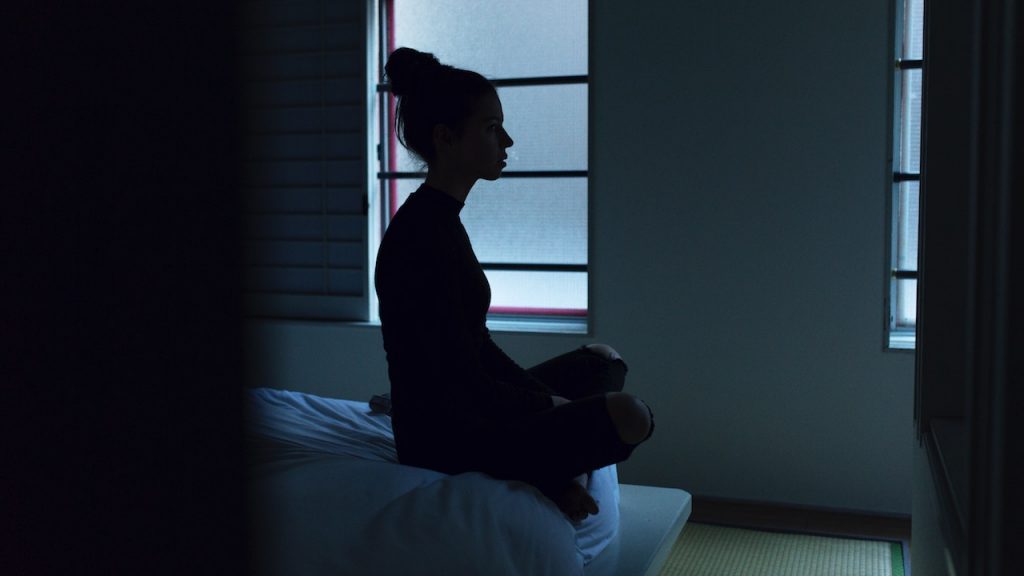From the ages of 21 to 23, I wanted to die. I don’t think I wanted to kill myself, and I certainly never tried to. All I knew was I desperately wished I could cease to exist.
I was in university then, a time when one’s social life supposedly flourishes, but I’d go into regular periods of social hibernation because I didn’t see the point of all my relationships. I would sleep for 10 hours almost everyday and still feel physically exhausted.
I also developed a total indifference towards activities and people that used to bring me joy. I couldn’t fully appreciate pure happiness because I knew it would soon turn into crippling sadness.
On hindsight, my mental health suffered largely because I hated every part of my university’s culture and didn’t have anyone who could empathise, even my then-boyfriend.
The above paragraphs are my first time ever explicitly mentioning what I went through, both privately and on a public platform. With the exception of this article, it’s been years since I made the decision to stop talking about my mental health.
Make no mistake, I see the value in speaking out about mental health. It demystifies the condition, helps to address the social stigma surrounding it, and empowers those who genuinely need help to realise it’s okay to seek it.
When we publicly discuss mental health issues, we also help each other realise none of us are alone in dealing with them.
Yet, I stopped discussing my own mental health because I felt a growing discomfort towards the growing culture surrounding mental health discussions.
Somehow, what began as a real desire to stop the shame and stigma became overly focused on catharsis and the act of speaking out, instead of what was being said. For instance, the Instagram hashtag #TotalHonestyTuesday was created as a way to mediate the anxiety of living up to societal expectations.
It didn’t matter what people shared, as long as they did so candidly.
Suddenly, it felt as though I was obligated to provide details of one of the most personal aspects of my life, because doing so would ‘help’ both myself and others experiencing the same struggle.
So when a friend asked if I would ever be willing to talk about my mental health publicly knowing it would help others, I simply told her I wouldn’t. She was understandably confused.
By purposely choosing to remain silent on public platforms, it seemed to imply that I was being selfish.

For starters, it bothered me that I would be labelled “brave” or “courageous” for talking about mental health in a candid manner. For someone who was struggling to cope, it felt like I was making progress even though I wasn’t. It was essentially empty praise.
Similarly, talking can make it feel like doing that alone is the only thing that matters. In the process, we become content to simply talk, share and confess, instead of actually seeing a professional, finding help, or learning to cope.
When conversations about mental health become so common, people also begin to self-diagnose rather than seek help. What might be stress or an inability to manage one’s own expectations and disappointments might end up being perceived as depression.
To be fair, I don’t blame anyone for thinking that being open about mental health is brave. It’s hard to let people in and there is catharsis in doing so, especially if you’re having a rough time, so they can give you space.
Yet, I am aware this also contributes to the aforementioned problematic culture of openness.
Around the same time I became aware of my own mental health issues, the personal essay boom happened, resulting in successful websites like Thought Catalog. From family trauma to messy romantic relationships, ‘oversharing’ was suddenly trendy. It was now fashionable to talk about things that would’ve previously made us uncomfortable.
While I wholeheartedly believe that the stigma around mental health continues to prevail, I also suspect that many have discovered a different fear—the one of being seen as merely jumping onto the bandwagon, never mind that their issues might be truly legitimate.
That is, after all, partly why I stopped talking about mine.
Along the same vein, I’ve started noticing people on Instagram, from ‘ordinary’ friends to influencers, obsessively detailing their own struggles. It could be anything from the difficulty of getting out of bed to breaking down in the middle of the work day.
Essentially, their posts reinforce that it is “okay not to be okay” and that “talking about feelings” is helpful. There’s also a lot of talk about “loving yourself” and “taking time for self-care”.
No matter the topic, the message is clear: there is strength in being (publicly) vulnerable.
As such, I am now familiar with the aesthetics and language of vulnerability, and realise this vulnerability has become a kind of personal branding. Talking about mental health is often championed by those whose seemingly non-curated social feeds reflect the ‘rawness’ of being ‘in touch’ with one’s emotions.
Perhaps this makes me uncomfortable because I wish I were able to be this honest without fear of being judged. But my discomfort also stems from the fact that this brand of self-care can so often come across as self-indulgence instead.

But it’s important to remember that in the end, the purpose of the mental health discussion is recovery and seeking professional help, where necessary. It’s not only about wearing our hearts on our sleeves.
And so I decided a few years ago that my personal mental health wasn’t going to be a lesson for others. It’s an intrinsic part of who I am and I am allowed to keep it all to myself. Ironically, I drew these boundaries to protect my privacy precisely for the sake of my mental health.
Ultimately, what lifted me out of that depressing period was graduation from university and ending my relationship.
And yet, this month, I’ve found myself sinking back into that heavy sadness. The only difference is now I’ve gotten better at pinpointing exactly why I feel this way, so it doesn’t bother me as much anymore. It’s merely an inconvenience that I wait to pass.
These days, I welcome my recurring mental health struggles like an old friend. I open the door to my home but don’t lay out the table, so it knows not to overstay its welcome. Eventually it leaves and I pack up again.
When it returns, I don’t announce it on social media and I don’t tell people that it’s important to talk about mental health.
I simply get out of bed and go to work.






